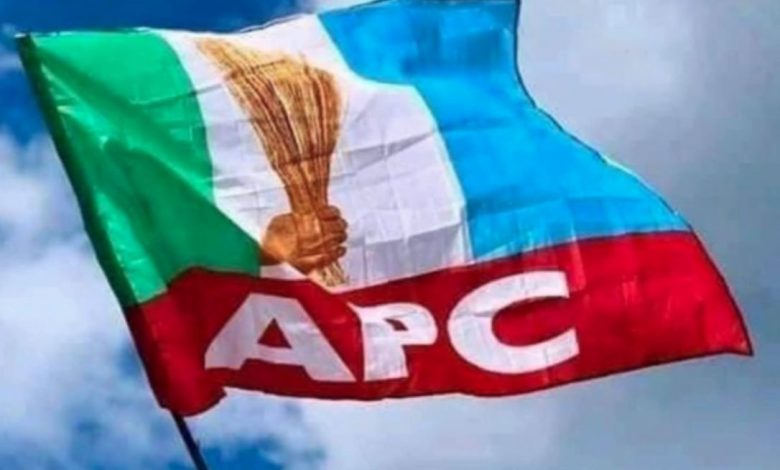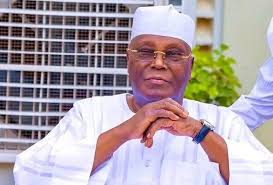APC condemns Okocha’s attempts to block LG allocations in Rivers State

The Rivers State chapter of the All Progressives Congress (APC) has vocally opposed Tony Okocha’s efforts to stop revenue allocations to the state’s 23 local governments. Led by Emeke Beke, the APC expressed concern over what it describes as a blatant disregard for a valid court ruling that removed Okocha and his caretaker committee from their roles.
In a statement released on Sunday, APC spokesperson Darlington Nwauju condemned Okocha’s claims to party leadership, asserting that they undermine the court’s judgment. He emphasized the party’s commitment to addressing political matters that affect the lives of Rivers citizens.
Nwauju criticized Okocha’s legal actions aimed at suspending local government allocations, arguing that such moves threaten the livelihoods of many residents who depend on local government services. “It is shameful that Okocha and his associates, who disrespect the High Court’s judgment, are trying to halt allocations to local governments, putting the survival of many Rivers people at risk,” he said.
The APC called for the judiciary to maintain its independence and avoid manipulation by politicians. The party noted that the Rivers State Independent Electoral Commission (RSIEC) had conducted local government elections in accordance with its mandate, underscoring the need for electoral bodies to remain neutral and free from external interference.
“The judiciary should not be used as a tool for political agendas. The RSIEC’s conduct of elections on October 5, 2024, reflects its commitment to its responsibilities,” Nwauju stated. He also referenced various legal precedents that reinforce the autonomy of local governments to receive funding.
The APC recalled past instances where the Supreme Court upheld the independence of local governments and opposed federal oversight of local government funds. Nwauju remarked that the ongoing legal disputes are motivated by self-interest rather than a genuine desire to enhance the democratic process.
He concluded by advocating for reforms in the electoral system, suggesting that improvements in the appointment of electoral body members would boost confidence in the electoral process, rather than engaging in actions that could be seen as a coup against democracy.





